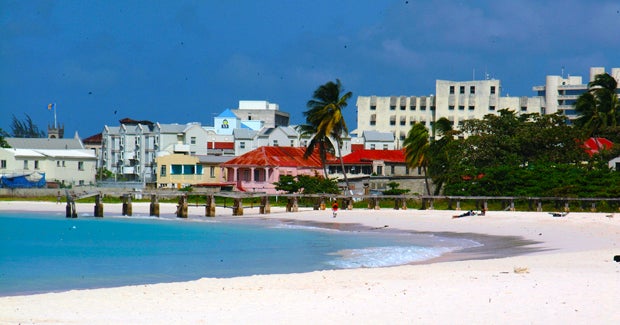Sand + sea + sun = fun. When people hear the word “Caribbean”, it evokes images of cool breezes, swaying palm or coconut trees, crystal-clear waters and white sandy beaches. I bet you are imagining yourself right now baking in the sun working on your tan, swimming in pristine, turquoise blue waters or sipping on a chilled glass of rum punch under the shade of a leafy, green palm tree. Traditionally, the Caribbean has been known for these elements – in short, an escape to paradise.
The high demand for such destinations has seen many Caribbean countries placing heavy dependency on the tourism industry as the primary driver for economic growth and development. Thanks mainly to visitors from the United Kingdom, the United States, Canada, and CARICOM, total tourism value added is on average 36 percent of GDP for tourism-oriented countries such as Barbados, The Bahamas, Belize, Jamaica, and the OECS member countries.
Though the Caribbean can boast of significant growth in employment, foreign exchange, and other productive sectors from its tourism industry, the high focus on visitors from western countries has increased the vulnerability of the Caribbean to exogenous shocks emanating from these countries. The impact is normally seen through a lagged mirror-effect of key macroeconomic indicators such as inflation and economic growth. Furthermore, the high marketing investments in specific countries limits the exposure of the Caribbean to other markets. This could partially explain why many potential visitors from emerging-market countries are unaware of CARICOM countries as destinations in the Caribbean (an IDB survey conducted in Brazil found that Brazilians associated the Caribbean mainly with Punta Caña in the Dominican Republic and Cancun in Mexico).
Like any other destination, the Caribbean is well-placed to offer its natural beauty, culture, and cuisine (just to name a few) to the rest of the world. What the region needs is to move away from such high concentration levels but into new markets, especially given the absence of economies of scale. A few countries have already adopted policy options for diversification through new tourist niche markets, greater promotion and better linkages between tourism and other sectors such as renewable energy, agriculture and agro-processing. The IDB recognizes this potential, which resulted in its Caribbean Country Department (CCB) sponsoring a technical cooperation to assess demand by Brazilians for the Caribbean product and finding economic gains through the creation of new commercial partners.


I like the vibes!!!